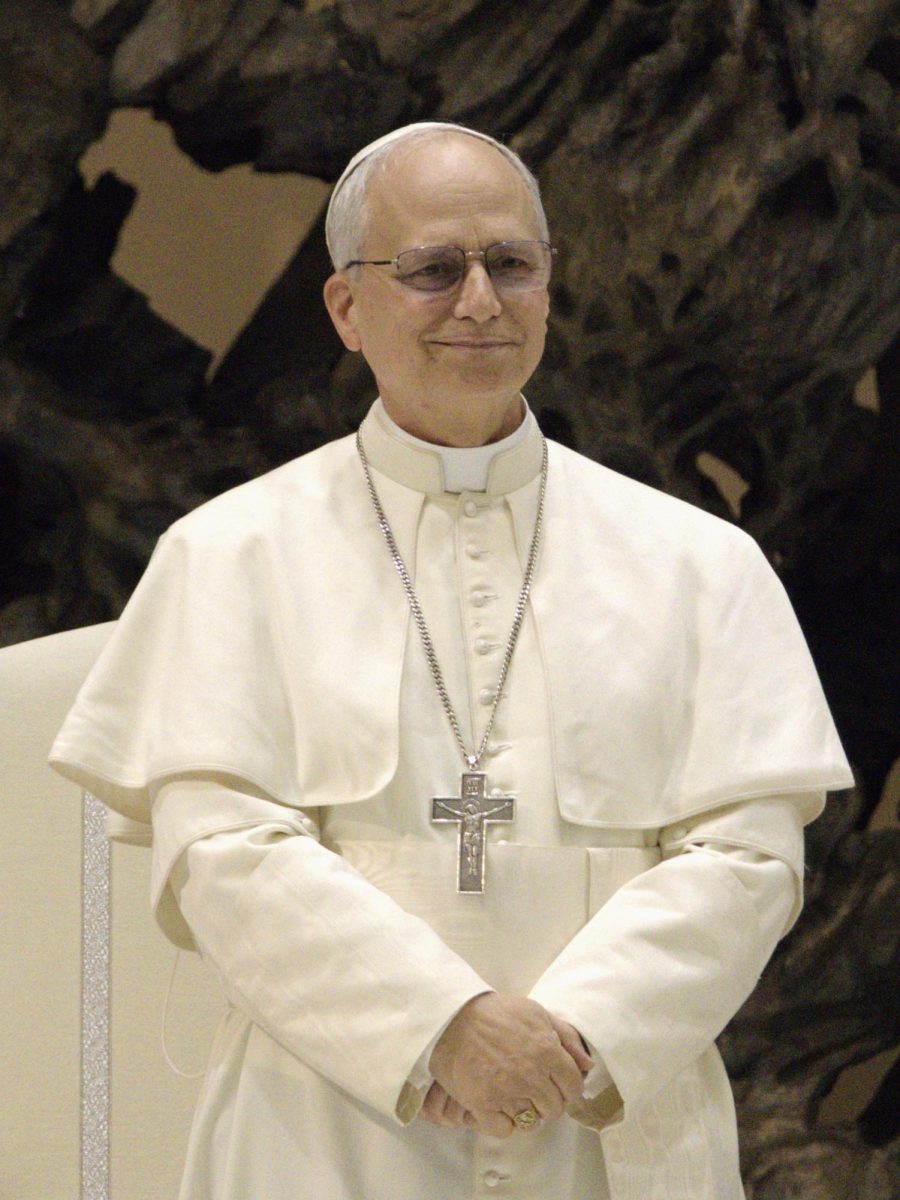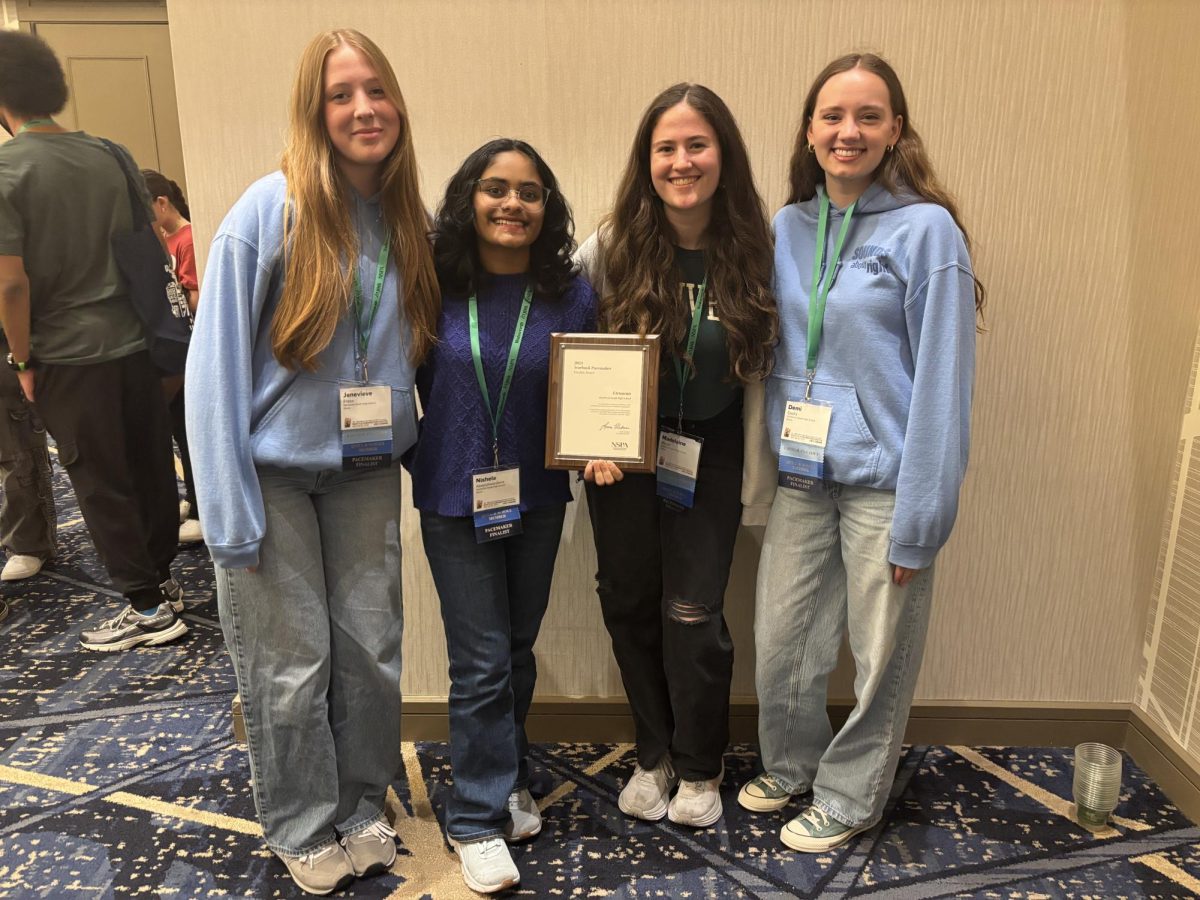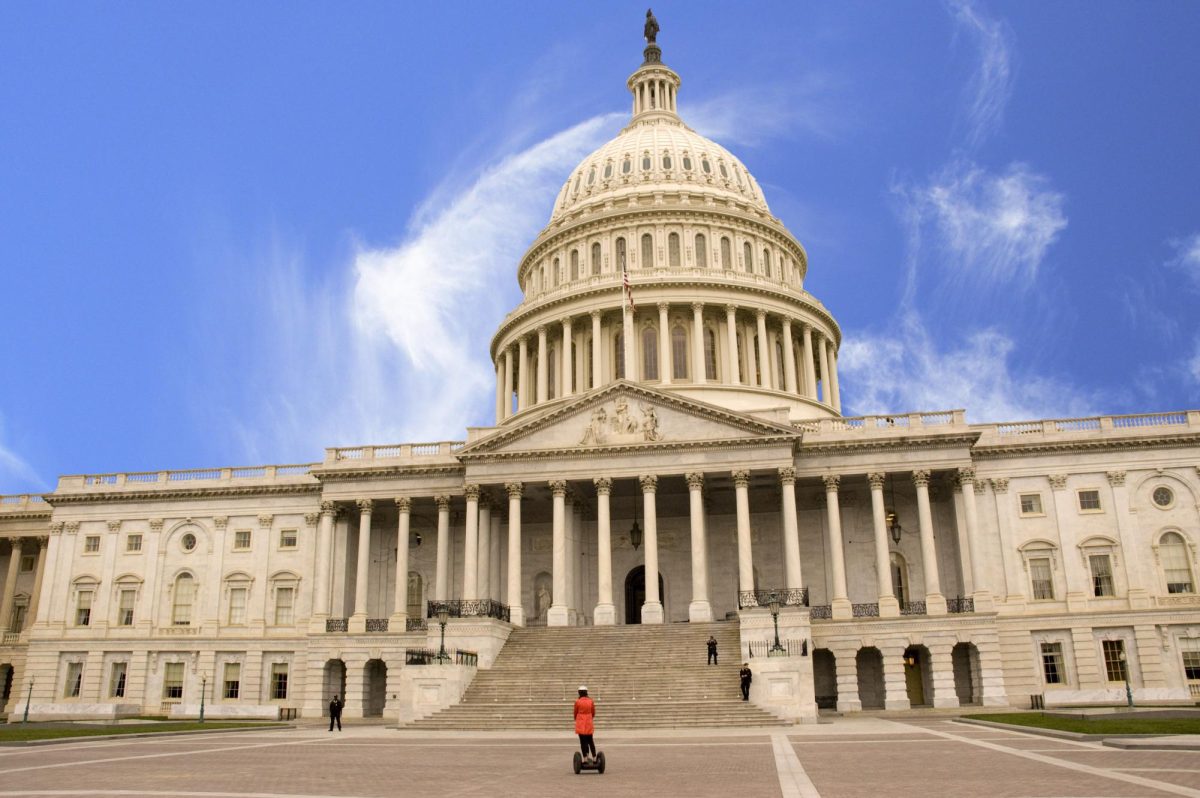In the past month, protests have sparked nationally over corporate greed and congressional and corporate ties. These protests, called The Occupy Movement, starting in Wall Street, have quickly spread across the country, including Chicago.
The Occupy Chicago protests primarily take place on Jackson and LaSalle street, a three-way intersection close to the Bank of America building and the Chicago Board of Trade, essentially housing the most wealth-oriented organizations in the city. It is no mistake that the protestors chose this area to gather, for they are calling for a reform in the power the most wealthy institutions and individuals have.
“What happens is a lot of times, most people running for federal office have to get their campaigns paid from somebody, and it usually ends up being large corporations,” sophomore Nick Moses, who attended the protests, said.
According to Moses, the protestors find issue in that because that means politicians are acting on the will of the corporations who are paying their salary, not necessarily those who elected them.
“The problem is, that’s not democracy […] that means that the top 1 percent are these people who are incredibly rich […] and these people are the ones who end up deciding very important things in our life,” Moses said.
Moses said that he tries to be as politically engaged and active as he can, but not all who attended the protests were initially as informed.
“I knew there were protests from people protesting against [corporate greed], but I wasn’t exactly sure what the whole movement was about and then after I went, I started looking at it more on the news and realizing that these people had a message, and there’s a mission here,” sophomore Chris Callahan said.
According to Moses, the protest is different from others in that it is shooting for more than just one solution to the issues they raise.
“The whole point of it is that it’s not supposed to be like a protest. It’s supposed to be an example of a […] new democracy,” Moses said.
Though thousands are in attendance every day at the protest, junior Sierra Orlowski found that all protestors were united by their belief that change needs to happen fast.
“There were so many people, each with their own views, but in some way everyone’s voice seemed to come together as one […] The best part was that each individual was fused with others to make a unified voice of the [United States],” Orlowski said.
Moses, who went with Callahan, noticed how diverse the protestors were. While many were liberals or libertarians, he saw some supporters of Republican presidential hopeful Ron Paul. He said that he saw homeless people, suburban people, and even businessmen. While they were all different, they could find a common belief.
“The only thing everyone has in common is that there’s something wrong and it needs to be changed, and at that point you know, that’s what democracy is; different people with different solutions [coming together],” Moses said.
Along with their united ideals, Callahan believes that there was a sense of camaraderie that brought the protestors together. Though most who went did not know each other, he saw a bond between the protestors as if they were all friends.
“When I first went there, it looked like everyone knew each other, but then I saw that no one knew each other and they only got to know each other through this kind of thing, which is like a bond,” he said.
According to Callahan, the protest taught him more than to press for government reform. The experience of going to a protest in general impacted him in a way he did not expect.
“We can act on our opinions, and we can protest if we feel something’s not fair, which […] I never realized was possible,” Callahan said.
Moses has attended the protests multiple times and plans on going more, and hopes that more people will join in the revolutionary spirit. Occupy Chicago protestors will continue to occupy the corner of Jackson and LaSalle for an undisclosed amount of time, theoretically until the protestor’s demands have been met.
“It’s a call for the revival of democracy, a call for dialogue,” Moses said. “It’s not scary and it’s a very friendly and productive atmosphere. Any person who’s doubtful of it, I would encourage them to at least get informed.”





